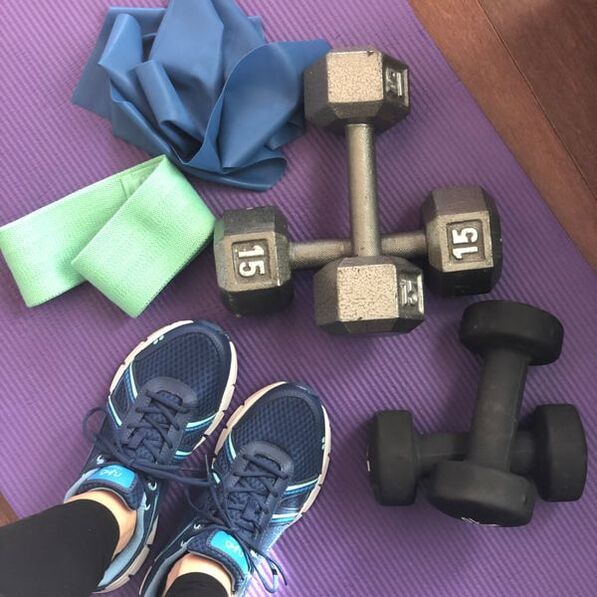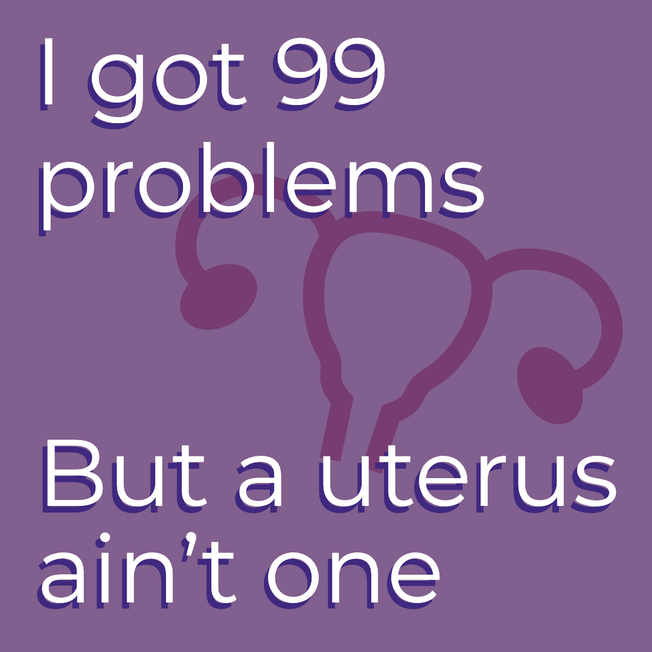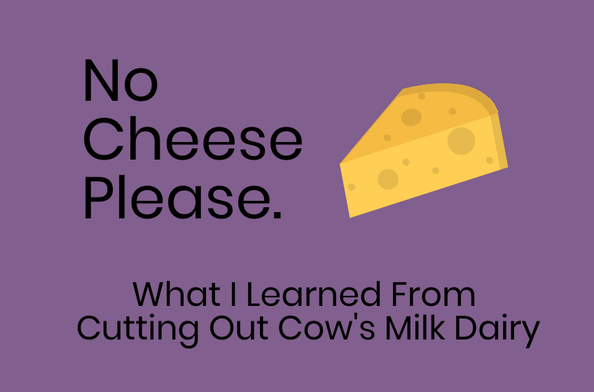|
The doctor said, “You have healed well and you’re free to do what you want.“
It’s been over nine weeks since surgery. I've had very little physical activity during those weeks, not even walking, because I was instructed to restrict even that. The challenge now is building slowly while challenging my body appropriately. Prior to surgery I was teaching up to seven Jazzercise classes per week and a lot of that was cardio. I was lifting moderately heavy weights. I've lost cardiovascular endurance and strength. Cardiovascular conditioning declines more quickly than muscular conditioning but both areas will require a re-building phase. No matter what fitness levels were prior to surgery, we all share several important considerations as we start to exercise post-hysterectomy.
0 Comments
If you are a woman in the United States, you’ve either had a hysterectomy, will have one or know someone who has. I joined thousands of other women on November 26th when I underwent a hysterectomy (uterus/cervix removal) due to suspected adenomyosis and other issues. A salpingectomy (surgical removal of fallopian tubes), single oophorectomy (removal of one ovary) and endometriosis removal was also performed. Hysterectomy is so commonplace in the U.S., and now that it can be performed on an outpatient basis, the seriousness and full recovery time is often downplayed. You will hear about women returning to work 2 weeks after surgery. You will hear stories of little to no pain or complications. It’s truth for those women. You will also hear about women who were couch-bound for weeks, as well as women who had to go back in for revision surgery due to complications. No surgery and no recovery is going to be exactly the same. Even if you have a complication-free surgery and are fit going into it, a smooth recovery is not guaranteed. It doesn’t mean that those who have a bumpy recovery did anything wrong. My surgeon told me that I’d start to feel awesome after just a few days. Well, it’s been just over two weeks and I am only now starting to feel anything resembling “awesome”…and that’s only immediately upon getting up in the morning. As you know, I work with women as a personal trainer/coach. One in three will have a hysterectomy by age 60. For that reason, I’m sharing my experience. When we share our stories, what it does is, it opens up our hearts for other people to share their stories. And it gives us the sense that we are not alone on this journey.” - Janine Shepherd Hysterectomy is among the top 10 most commonly performed surgeries in the US; 1 in 3 women has one by age 60. It seems like every other woman I’ve talked to has had one or knows a relative or friend who has one scheduled. It may be common but it’s still a major surgery that requires general anesthesia and significant recovery time. We’ve got to have a pre-op plan for optimal mental and physical health post-op. These are the things I am preparing in the two weeks leading up to my surgery date. The following tips are written with hysterectomy in mind but could potentially be applicable to other major surgical procedures.
NOTE: This is not a recommendation for you to cut dairy and I’m not saying that dairy is "bad".
It’s the trend these days to eliminate entire food groups. For some, the reasoning is sound. For many others, it’s “the thing” to do. I never imagined I’d willingly cut dairy from my life. I LOVE cheese, Greek yogurt, and ice cream but after reading What Dairy Does to Periods and an article about inflammation caused by A1 casein by Dr. Lara Briden, I wondered if I should consider it. It wasn’t the first time I’d come across information suggesting that some types of dairy may contribute to period pain. However, I found plenty of information and data supporting dairy intake as a healthy part of a well-rounded diet as well. For example, several studies have concluded that dairy products have anti-inflammatory properties in humans not suffering from allergy to milk. I am unaware of having a cow’s milk allergy, so where does that leave me? I wasn’t entirely convinced to give it a go…until my next period arrived. It was BAD. It’s gotten to the point that I’m a candidate for hysterectomy due to suspected adenomyosis. I knew that cutting out most dairy products would be difficult. But not as difficult as the painful cramping and bloating have been. What if I could make dietary changes and feel better? I want to eat foods that support my health and sense of well-being. I definitely don’t want eat foods that could potentially cause higher levels of physical pain. I weighed the pros and cons; it was time to try the cheese-free life. |
Archives
June 2023
Categories
All
|




 RSS Feed
RSS Feed